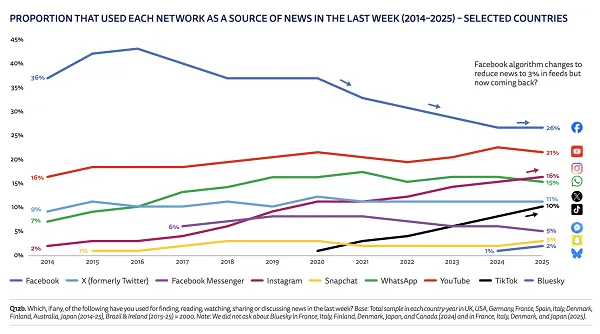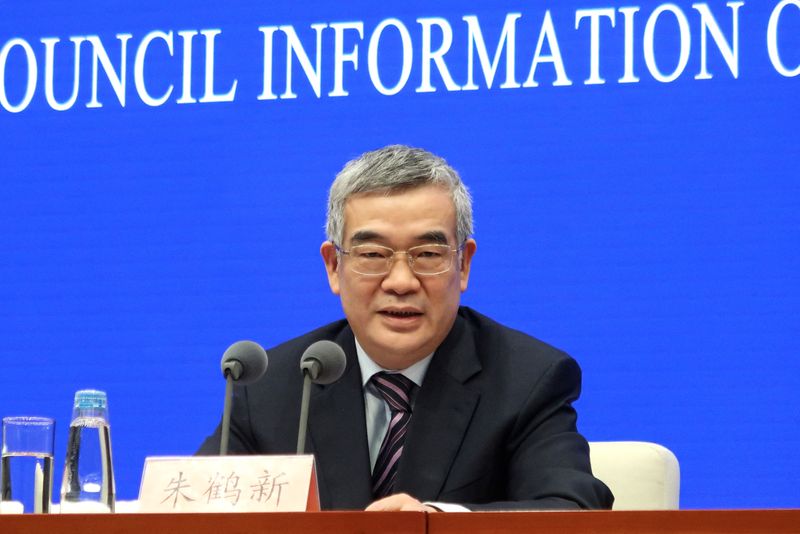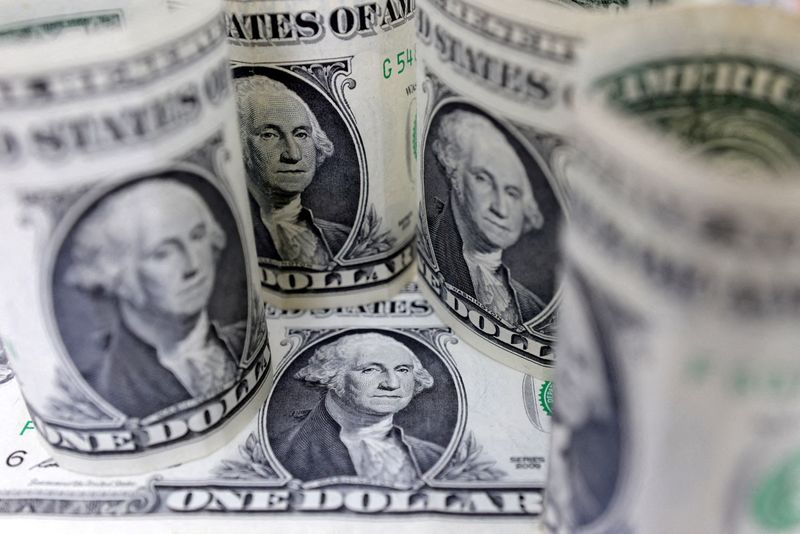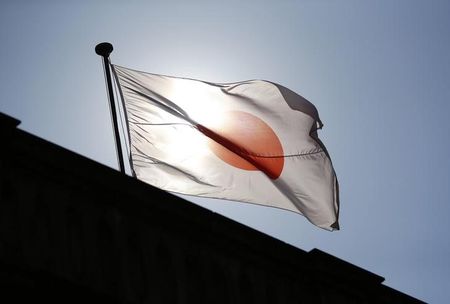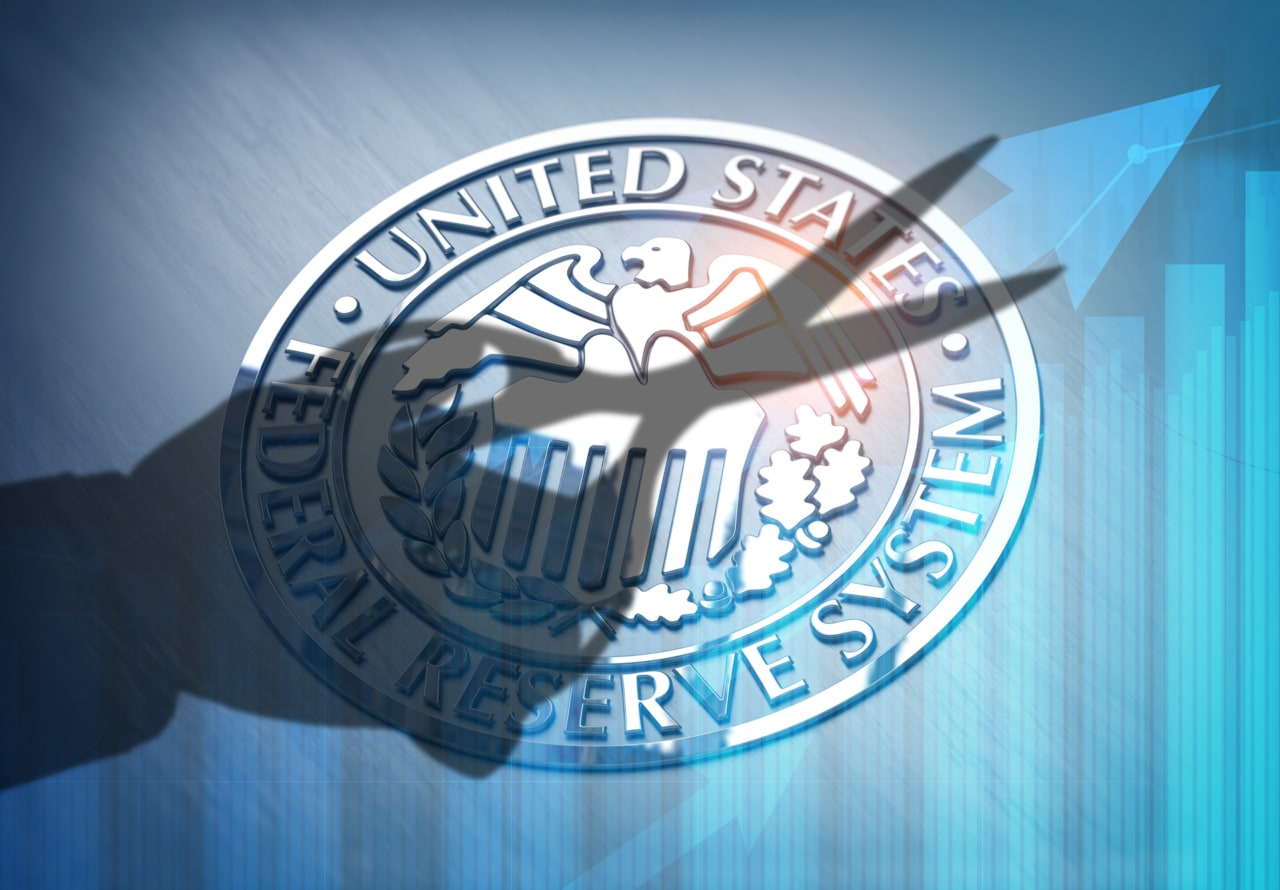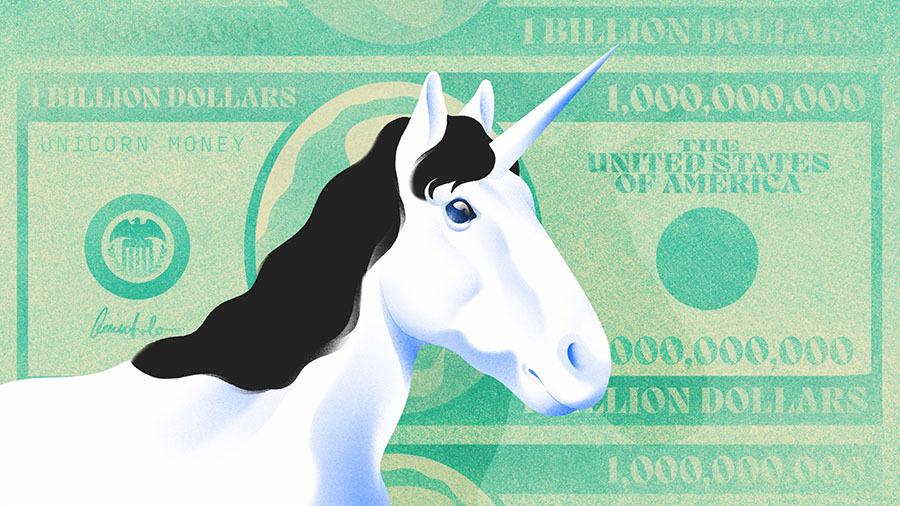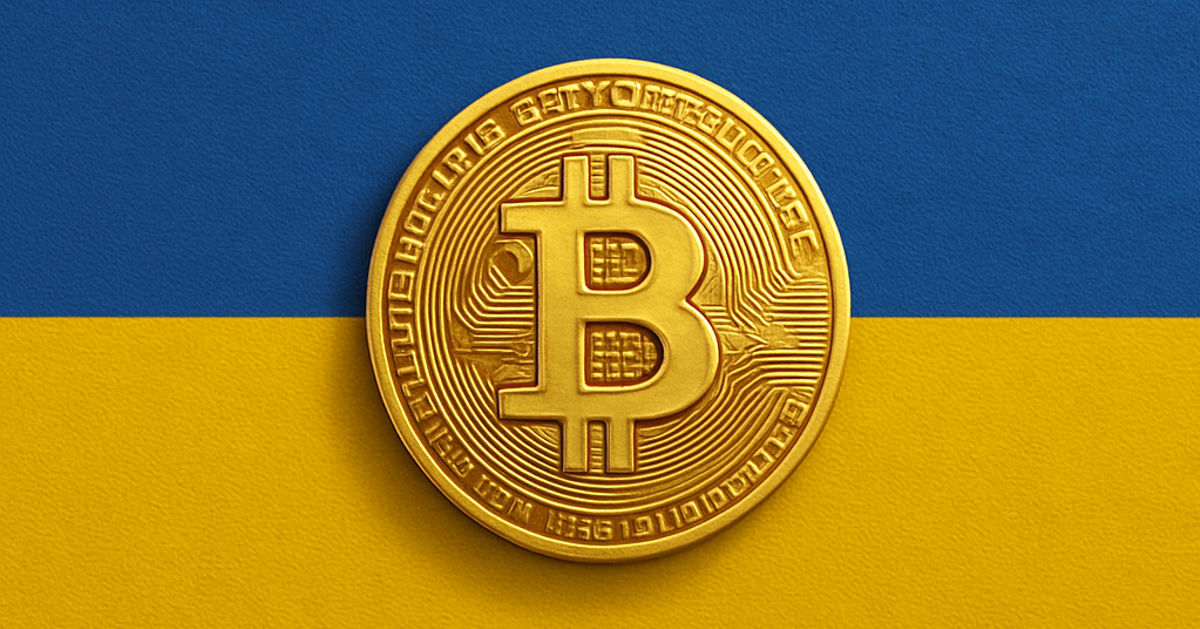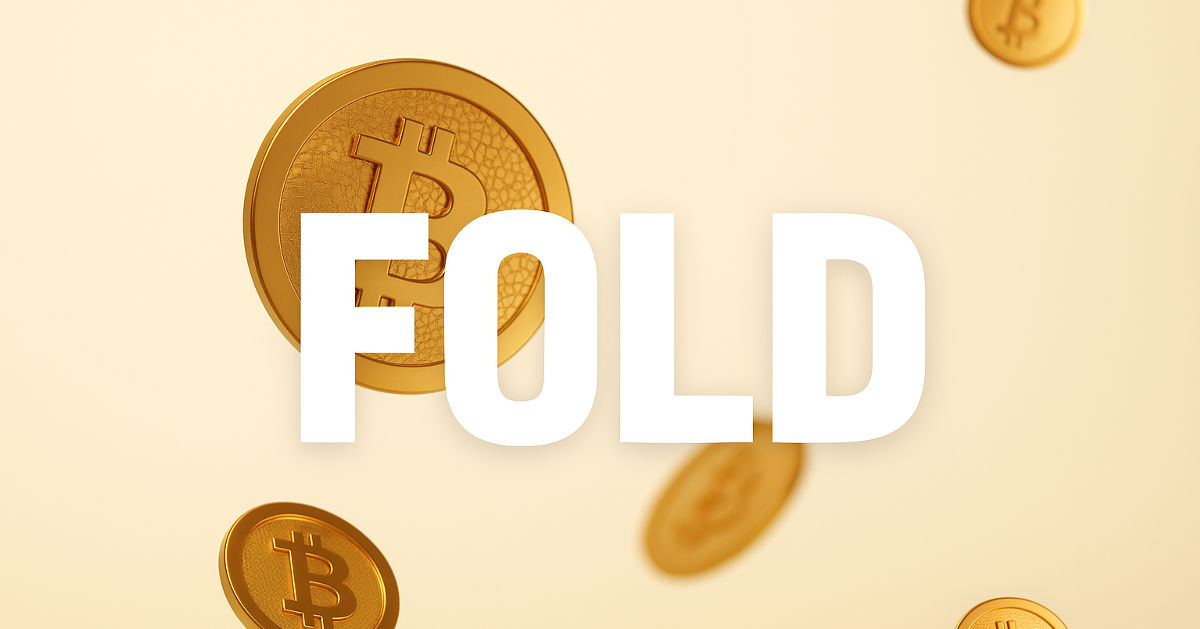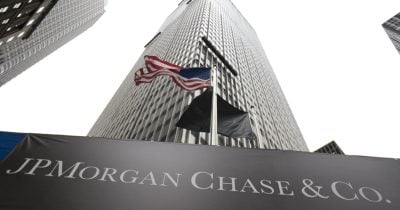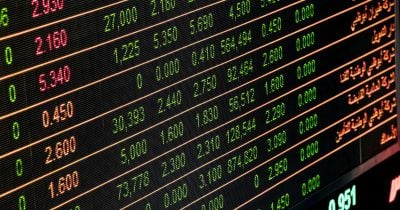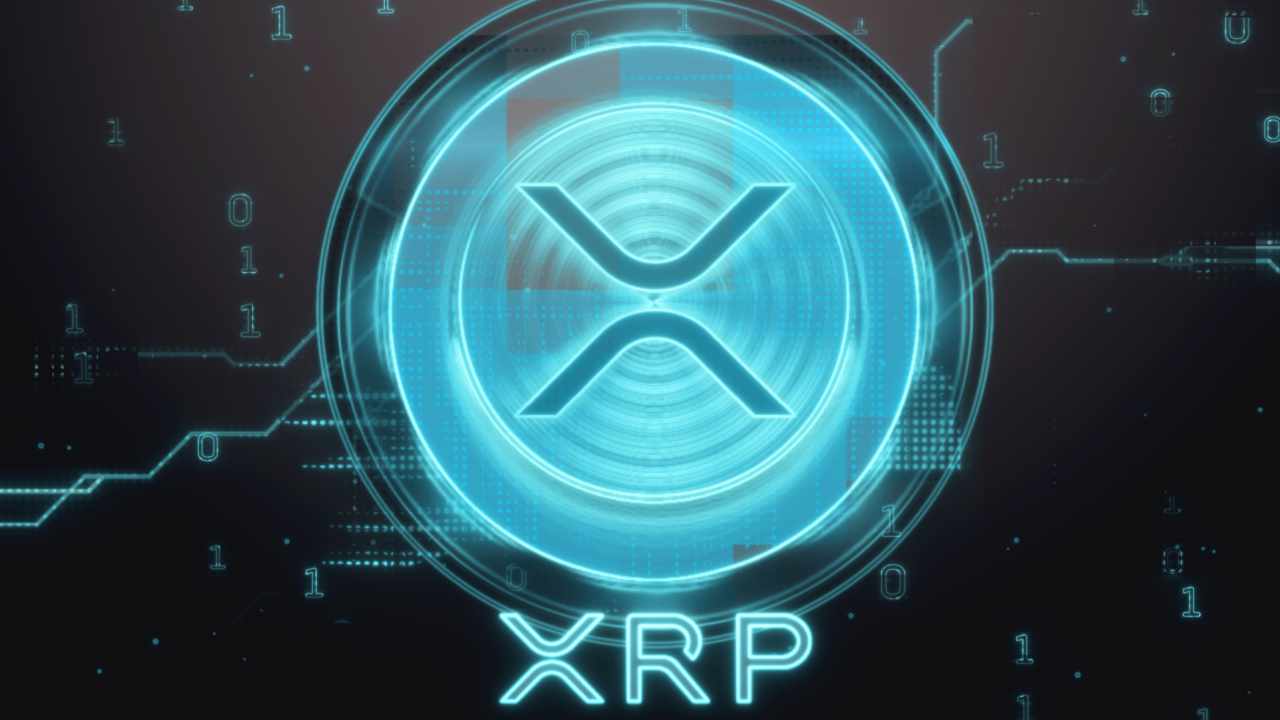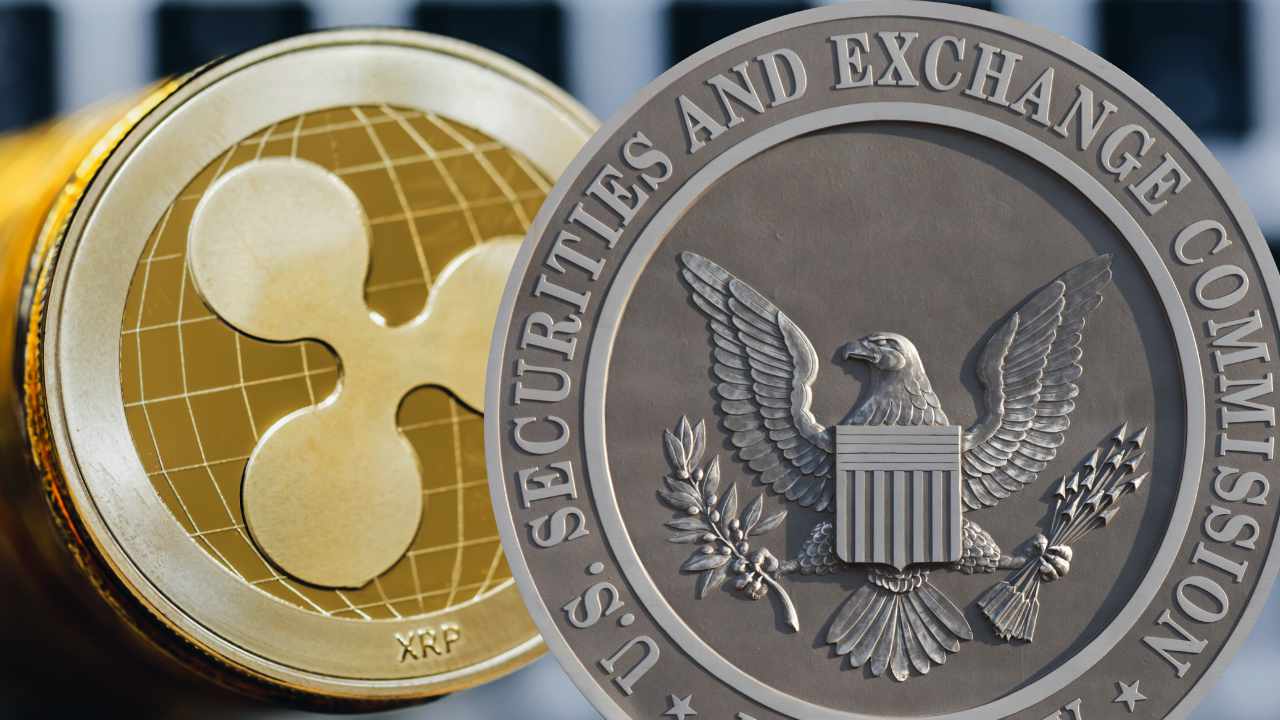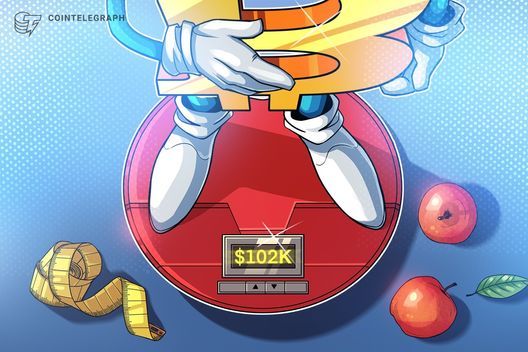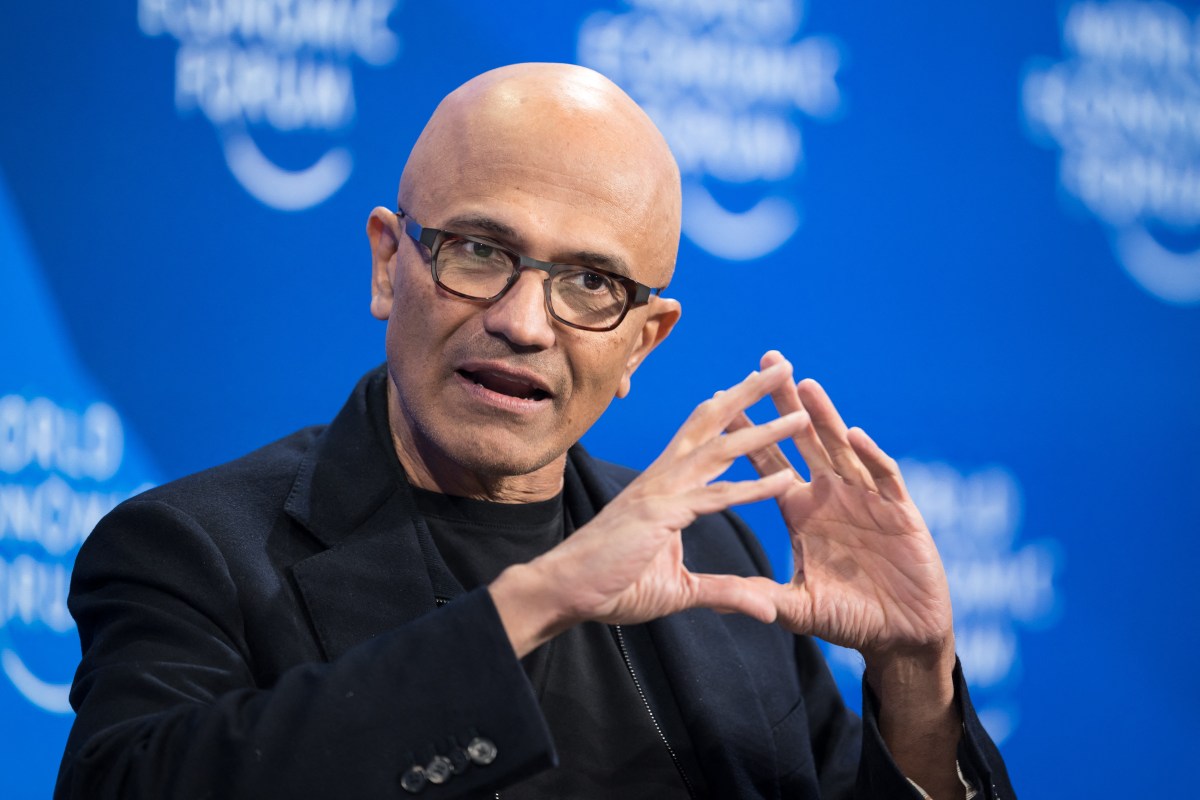Cathie Wood’s 50% ARKK rebound hits a big wall of skepticism
Cathie Wood’s flagship ETF has staged a powerful comeback from the depths of the trade war panic, rallying more than 50% since early April.

Cathie Wood’s flagship ETF has staged a powerful comeback from the depths of the trade war panic, rallying more than 50% since early April. But rather than restoring investor faith, the rebound has only been met with skepticism.
Outflows are persistent. Short sellers are circling in record numbers, driven by bearish conviction and tactical hedging. And a booming class of retail-friendly products — leveraged exchange-traded funds — are competing with Wood’s strategy of making high-conviction bets on famous tech names.
The result: the ARK Innovation ETF, which helped define the disruptive tech story during the pandemic, is delivering performance without inspiring confidence.
According to data from financial analytics firm S3 Partners, short interest in ARKK has climbed to a record of roughly 37% of free float — surpassing even pandemic-era peaks. In June alone, bearish traders would have incurred over $300 million in mark-to-market losses. Monday’s 4.4% surge in theory added another roughly $93 million to the tab.
Wood’s “funds have gone on great runs, but I wonder if investors who piled in during 2020 and 2021 are still feeling the effects of that rush and decline,” said Todd Sohn, senior ETF strategist at Strategas.
“Perhaps they’ve moved on to other areas like crypto or levered single stock funds too,” Sohn added.
The short-selling also reflects firms offsetting long bets in large-cap technology names, a strategy that can endure even as those positions rack up mark-to-market losses, according to Ihor Dusaniwsky of S3 Partners.
ARKK’s speculative tech holdings like Tesla Inc., Roblox Corp., and Coinbase Global Inc. have rebounded from tariff-volatility induced lows alongside the broader stock market as President Donald Trump has walked back some of his most extreme trade proposals and corporate earnings have been resilient.
While bets on Elon Musk’s electric-vehicle company have proved volatile, the company, which is ARKK’s top holding, has outperformed the S&P 500 Index by about 21 percentage points from early April.
Still, the doubters haven’t budged. On Thursday, ARKK recorded its largest single-day outflow since 2022, contributing to over $840 million in outflows so far this year. It has seen net redemptions for five consecutive weeks. A spokesperson for ARKK did not immediately respond to a request for comment.
To Bloomberg Intelligence’s Athanasios Psarofagis, it’s not just the fund’s poor performance that has investors shunning the ETF, it’s that they can now build arguably better-performing portfolios with single-stock ETFs.
While Wood rose to fame because she offered retail investors access to her high-conviction stock picks — many of which initially fared extremely well — new ETFs on the market are making it easier than ever for investors to place their own concentrated bets on stocks, without relying on managers, he writes in a note.
Take single-stock ETFs, which offer amped up exposure to a single company like Nvidia Corp. or Tesla. Such funds have grown to command nearly $21 billion in assets since regulators green lit the structure in 2022.
“With leveraged and inverse ETFs available or in the pipeline for almost all of ARKK’s top holdings, investors can replicate or enhance the strategy sans active management,” Psarofagis writes. “As these products proliferate, flagship thematic ETFs like ARKK risk becoming obsolete, as investors go straight to the source.”
Underscoring how investors are hungry for double or triple the total return of newly traded stocks, ETF issuers have raced to file plans for funds that would provide leveraged exposure to newly public company Circle Internet Group Inc.
Aside from more competition, poor longer-term performance also helps explain why short sellers have been so steadfast in betting against Wood. While the fund has rallied over the last few months, it has returned essentially zero over the last five years, compared to the S&P 500’s more than 100% total return.
This story was originally featured on Fortune.com
